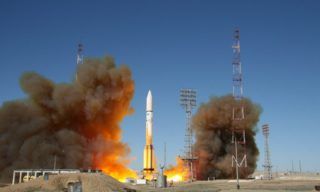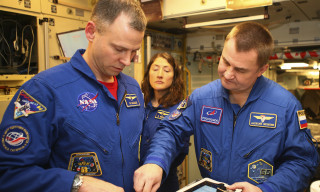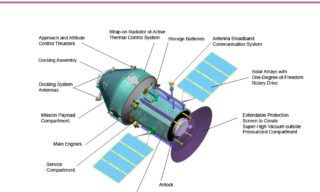A radio telescope (ASCAP) in Australia has received strange radio signals emitted by the neutron star ASKAP J1935+2148.
This star is located in the plane of the Milky Way, about 15,820 light years away from Earth. The thing is, the signals themselves are unlike anything we’ve ever seen before.
The star goes through periods of strong pulses, periods of weak pulses, and periods of no pulses at all. Why this happens – we don’t know yet, and it gives us an exciting challenge to our models of neutron star evolution, which, let’s be honest, are currently quite far from complete.
In recent years, several strange objects emitting repetitive signals have been detected in the southern sky. While they don’t all behave in the same way, they may be related. The differences between the pulsation modes of ASKAP J1935+2148 are probably related to changes and processes in the magnetosphere. We suggest that this and similar objects belong to a new class of magnetars, possibly as they evolve into pulsars.
ASKAP J1935+2148 is likely part of an ancient population of magnetars with long rotation periods and low X-ray luminosity but magnetised enough to produce coherent radio emission. We will be monitoring this star in the future and will report back as news becomes available.



















